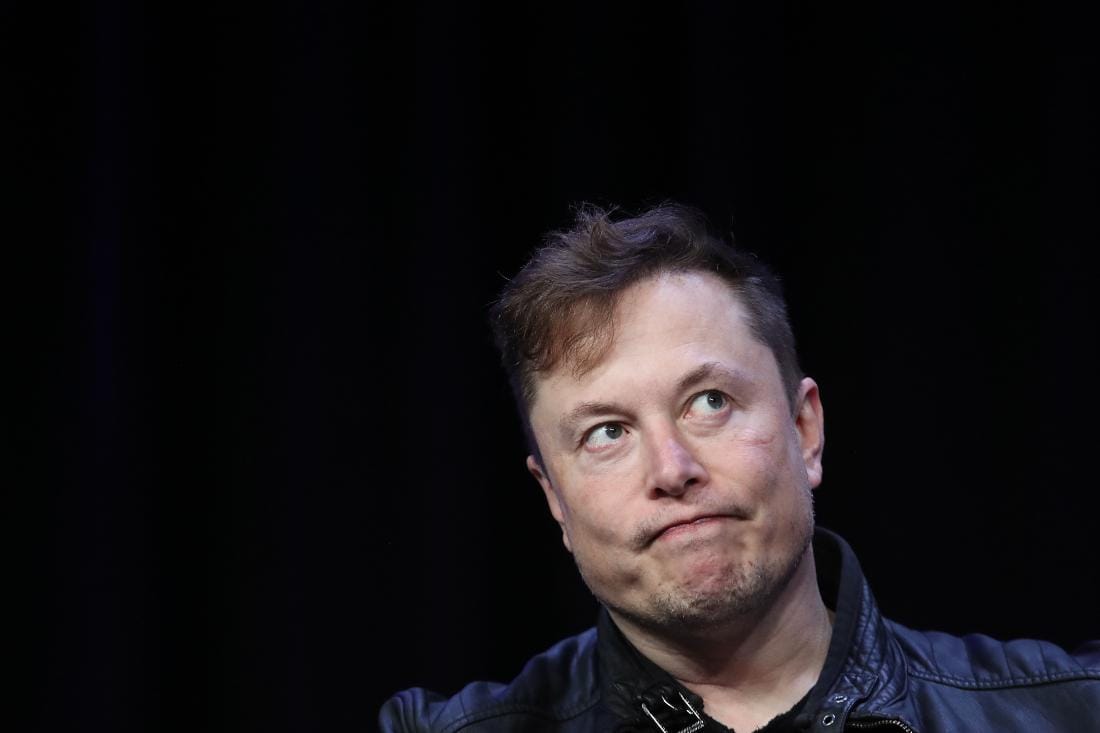In a recent statement that has captured significant media attention, Elon Musk, the CEO of Tesla and SpaceX, has called for Nigel Farage to be replaced as the leader of the Reform Party. This announcement comes amid ongoing debates regarding the party’s direction and effectiveness in the current political climate. Musk’s involvement in political discourse is not entirely unprecedented, given his high-profile status and his tendency to engage with various issues on social media platforms. However, his direct call for a change in leadership within a political party has raised eyebrows and ignited discussions among political analysts and party supporters alike.
The Reform Party, which was founded by Farage in 2019, has positioned itself as a right-wing alternative in British politics, particularly following the Brexit referendum. The party’s platform has focused on issues such as immigration, economic reform, and the critique of the European Union’s influence on British sovereignty. Under Farage’s leadership, the party initially gained traction, attracting a significant number of voters who were disillusioned with the traditional political establishment. However, in recent months, there have been increasing concerns regarding the party’s ability to maintain its relevance and appeal to a broader electorate.
Musk’s comments come at a time when the Reform Party is facing internal challenges and external competition from other political entities. Critics of Farage’s leadership have pointed to declining poll numbers and a lack of a clear, cohesive strategy as indicators that a change may be necessary. Musk’s statement has added fuel to these discussions, as many view his influence as a potential catalyst for change within the party.
The tech entrepreneur’s remarks were made on social media, where he has a massive following and often shares his views on various subjects, ranging from technology to politics. While Musk’s primary focus has been on his business ventures, his foray into political commentary has not gone unnoticed. His call for Farage’s replacement has prompted reactions from both supporters and detractors of the Reform Party, highlighting the polarized nature of contemporary political discourse.
In response to Musk’s comments, supporters of Farage have rallied to defend his leadership, arguing that he has been a steadfast advocate for the party’s principles and that any leadership change could undermine the party’s foundational goals. They contend that Farage’s experience and charisma are essential for navigating the complexities of the current political landscape. On the other hand, critics argue that the party needs fresh leadership to reinvigorate its message and connect with a wider audience.
Political analysts have noted that Musk’s involvement in this situation reflects a broader trend of influential figures from outside traditional political spheres entering political debates. The rise of social media has enabled individuals like Musk to wield significant influence, potentially shaping public opinion and political outcomes. This phenomenon raises questions about the role of celebrity and business leaders in politics and the extent to which their opinions can sway the direction of political parties.
As discussions surrounding Farage’s leadership continue, the Reform Party must consider its next steps carefully. The call for change, whether from Musk or other voices within the party, could lead to a pivotal moment in its evolution. The party’s ability to adapt to the changing political landscape will be critical in determining its future viability and success.
Moreover, the implications of Musk’s intervention extend beyond the Reform Party itself. It highlights the interconnectedness of politics and popular culture, where the opinions of prominent figures can influence political narratives and party dynamics. This trend may encourage other business leaders and celebrities to take a more active role in political discussions, potentially reshaping the political landscape in the UK and beyond.
In conclusion, Elon Musk’s call for Nigel Farage to be replaced as the leader of the Reform Party has sparked significant debate and reflection within the political community. As the party navigates its internal challenges and external pressures, the influence of high-profile figures like Musk may play a crucial role in shaping its future direction. The coming weeks and months will likely reveal how the Reform Party responds to these challenges and whether it can effectively address the concerns raised by both its supporters and critics.



